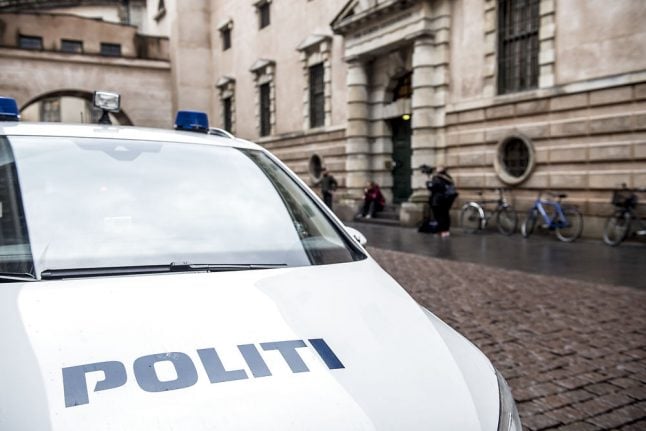Copenhagen City Court on Friday sentenced the director of the bureau, Abbas Mohamad-Baker, with a four-year unconditional prison sentence for possession of stolen goods and attempted possession of stolen goods.
A large portion of the sum was garnered from the illegal cannabis trade – evoking images of hit DR television series Bedrag (Follow the Money), which depicts organised crime and money laundering in the Danish capital, including through an exchange bureau.
The rest of the cash that passed through the bureau was gained through other forms of crime, the prosecution said.
The court concluded that the accused was aware of the illegal nature of the funds he was handling.
Mohamad-Baker, 56, shook his head upon leaving the court, according to Ritzau’s report. The man’s lawyer Khuram Riaz confirmed that the sentence will be appealed.
READ ALSO: Five Danish political parties support legalisation of cannabis



 Please whitelist us to continue reading.
Please whitelist us to continue reading.
Member comments